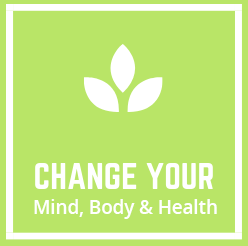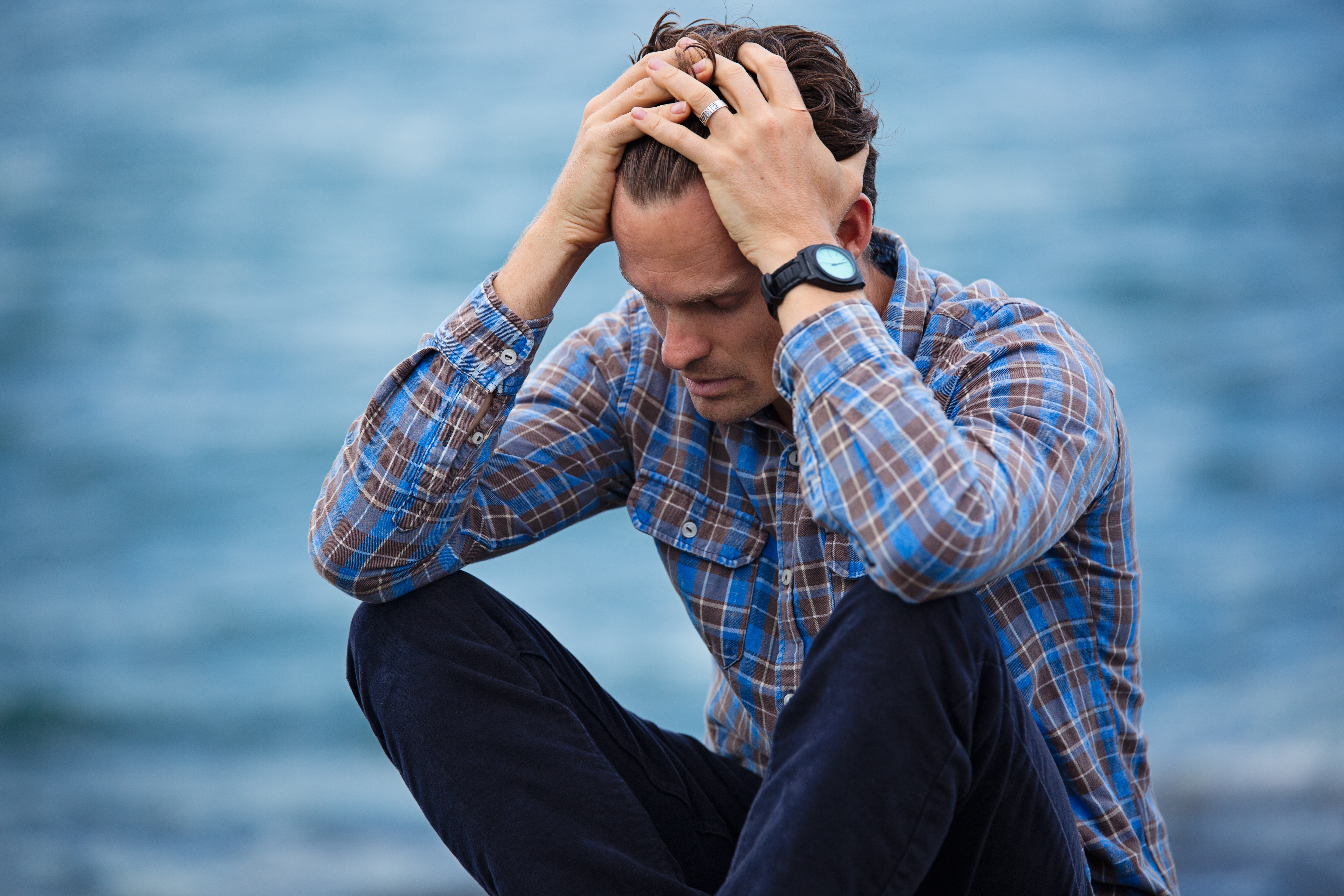Holistic Therapies for Anxiety and Depression
There are many different holistic therapies that people who suffer from anxiety and/or depression turn to for relief. Some people use holistic therapies in conjunction with Western medicines and treatments and others try to deal with their anxiety and depression solely with the help of one or more holistic therapy.
Many people are attracted to holistic therapies because they look at the body and the mind as whole and integrated systems. Western medicine tends to focus on a problem and treating just that problem. Holistic treatments for anxiety and depression address the mental health issue in conjunction with the patient’s physical health and other factors such as lifestyle and home environment.
An example of this is that even though many people who are on Western medications for anxiety and depression participate in some form of talk therapy, many of them do not. If a person who is clinically depressed or suffering from an anxiety disorder, the medications may help but there are environmental factors that could also be impacting this person’s mental health and well-being.
Unless they also have a medical degree and are licensed to prescribe medications, psychologists and therapists do not prescribe medications to their patients. Their focus is usually a form of talk or related therapies. A large portion of people who need medications for mental health issues, see a pharmacologist every three months or so to renew their prescriptions. Some people get these kinds of medications from their general practitioner or other regular doctor. A problem with these common methods is that the doctor who prescribes the medications does not typically talk to their patient’s therapist and/or many patients don’t have talk therapists they see on a regular basis. If a person is taking medication for depression but for example, is also in an abusive relationship that is not being addressed, they need much more to help their depression than simply taking a pill.
Holistic therapies look at physical and mental health as an integrative system that needs to be treated as a whole. Common holistic therapies people seek to help them with anxiety and depression include but are not limited to:
Mind-body Practices
These are techniques people use to help their mind to have more positive connections with the body and vice versa. Meditation, hypnosis, relaxation training, yoga, and imagery are just a few of the mind-body practices people have found to help them with anxiety and depression.
Nutritional Supplements
Nutritional supplements may be prescribed based on an individual’s genetic information and a person’s metabolism because their body may lack certain nutrients. The following supplements are commonly recommended for people who suffer from mental health and mood disorders: multiple vitamin with B6 and minerals; Omega-3 fatty acids EPA/DHA totaling 1,000 – 3,000 mg daily; Vitamin-D 3, dosage is often dependent on the patient’s Vitamin-D levels in their blood, and the season of the year); probiotics with more than two live cultures.
There are many, many other supplements not listed here.
Acupuncture, aromatherapy, nature-based therapies, animal-assisted therapies and music therapy are just a few more of the many holistic therapies available for people with depression and anxiety.
Learn about holistic therapies for anxiety and depression at Change Your Mind-Body Health.

